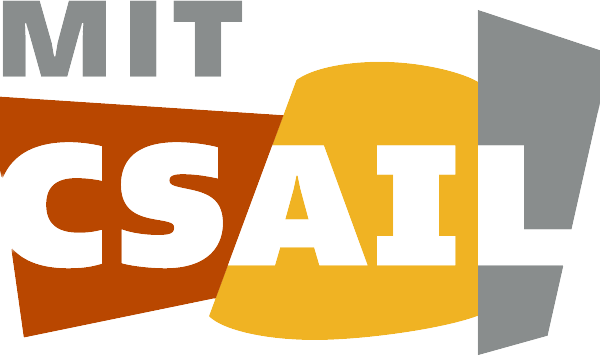CSAIL Ubuntu
CSAIL Ubuntu is TIG’s supported GNU/Linux spin, which comes pre-configured for CSAIL Kerberos for authentication, AFS/NFS filesystems, and our CUPS printing infrastructure. This allows easy, transparent access to all the standard network resources without you needing to know the details of how everything works. As a derivative of Ubuntu GNU/Linux, CSAIL Ubuntu provides the benefits of a vast collection of up-to-date software packages, and a maintainable long-term release cycle. The default installation features the XFCE display environment, and is configured via Puppet.
- Installation – Installing CSAIL Ubuntu.
- SSH Access – Accessing your CSAIL Ubuntu machine outside of Stata.
- Printing – Accessing the CSAIL printers.
- Admin – How to customize your CSAIL Ubuntu system.
- Voiding your warranty – Things you should not do on your CSAIL Ubuntu machine.
- Dot Software – How to access things like Java, Eclipse, Matlab, and more.
- Setting up SSH – How to properly Kerberize your machine.
- Bad things Ubuntu does that we turn off, the infamous unity-lens-shopping
A word on Ubuntu versions
Ubuntu releases are of two types. Long-term-support releases, or LTS releases are supported by the upstream Ubuntu project for three years on desktops and five years on servers, and have LTS after their release number. Non-LTS releases are generally supported on desktops and servers alike for about 18 months.
TIG only builds and supports CSAIL versions of LTS releases. If you need CSAIL configs on a non-LTS version contact help@csail.mit.edu and we can discuss steps you can take at your own risk to possibly “csailify” intermediate releases.
“Support” in this context means that important fixes such as security
upgrades are available from the Ubuntu repositories. (The distinction
between support on the server and support on the desktop in the LTS
releases is essentially a distinction in what packages continue to be
maintained; a package like apache2 or mysql-server in an LTS release
would receive security updates for five years, as would core components
of the OS like the kernel and the shell.)
Ubuntu Release Cycle documents upstream support time lines.
TIG will provide automated installation and VM images for the latest LTS release (currently 20.04 “Focal”) and the previous LTS release (currently 18.04 “Bionic”) and support preexisting installs as long as they have “Maintenance updates” from Ubuntu (see Ubuntu Release Cycle), note that CSAIL does not pay for extended security maintenance so releases in “ESM” are not supported.
Public information about our configuration-management
We like to share our system administration experience with other people, both at MIT and the public at large. Here is some information about what we are currently doing with configuration-management.
- Puppet at CSAIL


